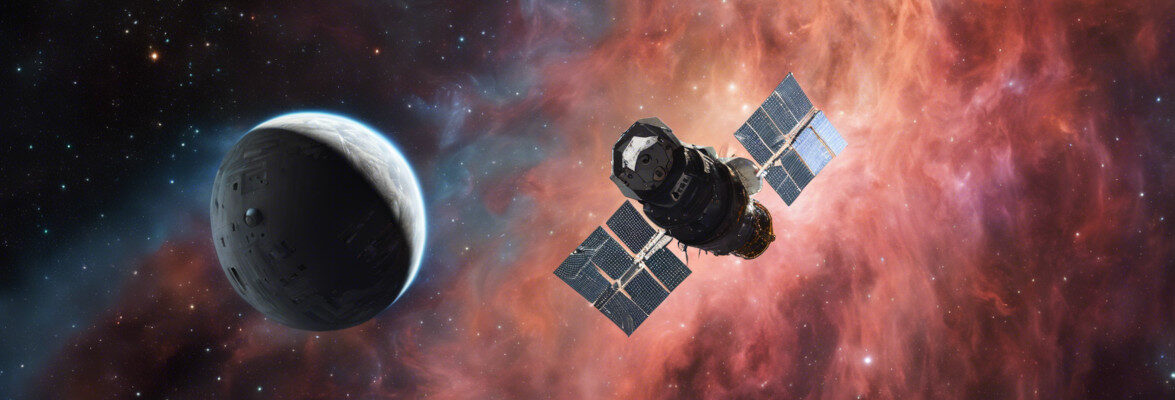
An article published in the journal “Monthly Notices of the Royal Astronomical” reports the confirmation of the discovery of the dwarf galaxy Pisces VII, which could be a satellite of the Triangulum galaxy. A team of researchers led by David Martínez-Delgado of the Instituto de Astrofisica de Andalucia used the DOLoRes instrument at the Galileo National Telescope to confirm the existence of Pisces VII, originally identified by the amateur astronomer Giuseppe Donatiello. The gravitational bond with the Triangulum galaxy has yet to be verified but if the outcome were positive it would be a confirmation of the theories concerning galaxy formation, which predict the presence of various satellite galaxies. The reference is to the Lambda-CDM model, which also concerns dark matter.
The Triangulum galaxy, also known as M33 (Messier 33), is part of the so-called Local Group, the group of galaxies that includes the Milky Way as well. The evolution of galaxies and the gravitational bonds between galaxies, which include the existence of dwarf galaxies satellites of larger galaxies, are being studied to try to find an answer to the mystery of the mass that must exist to explain the gravity of almost all known galaxies. but is invisible.
Dark matter is an explanation to the problem of the invisible mass but its existence hasn’t yet been proven and there are various models that describe it. Alternative models not based on its existence have also been developed. Currently, the model that offers the closest results to observations is Lambda-CDM (Lambda-Cold Dark Matter) but the simulations it produces indicate that the Triangulum galaxy should have between 9 and 25 satellite galaxies while only one was discovered. If Pisces VII was also a satellite of the Triangulum galaxy it could mean that there are still others that we have not yet discovered.
The problem known as the problem of missing satellite galaxies is complex because it embraces theoretical studies and observations. The models are improved over time but at the moment those concerning dark matter still contain various unknowns, and this causes the approximate result of the estimate of the number of satellites for galaxies as large as the Triangulum galaxy. As for observations, dwarf galaxies can be very faint from the Earth’s point of view, resulting in difficulties in identifying them.
The amateur astronomer Giuseppe Donatiello discovered the dwarf galaxy Pisces VII in the data from the DECaLS (Dark Energy Camera Legacy Survey) program. The data was available to professional astronomers but no one examined images of the area around the Triangulum galaxy. That’s normal because the amount of data collected by this type of survey is enormous. It’s for this reason that the help of amateurs can be invaluable, with lots of extra eyes to help research.
Giuseppe Donatiello set out to search in an area close to the Andromeda galaxy, another one of the Local Group, ending up finding Pisces VII. Thanks to his work, David Martínez-Delgado’s team conducted follow-up observations using TNG’s DOLoRes (Device Optimized for the LOw RESolution) spectrograph which confirmed its existence.
More observations, also with other instruments, are needed to establish the nature of the dwarf galaxy Pisces VII but also to measure its distance. There’s a possibility that it’s an isolated dwarf galaxy, and it would be the faintest one ever discovered. If it were confirmed that it’s a Triangulum galaxy’s satellite, the reason why the full designation Pisces VII/Triangulum (Tri) III was proposed, new information would be offered for the verification of the various cosmological models, starting with the Lambda- CDM. In short, this ultra-faint dwarf galaxy could be important in the field of astrophysics.

